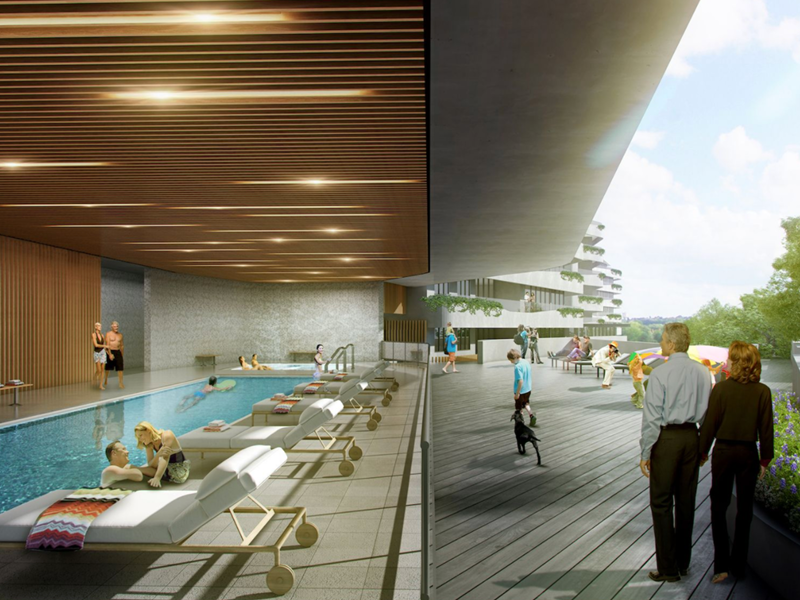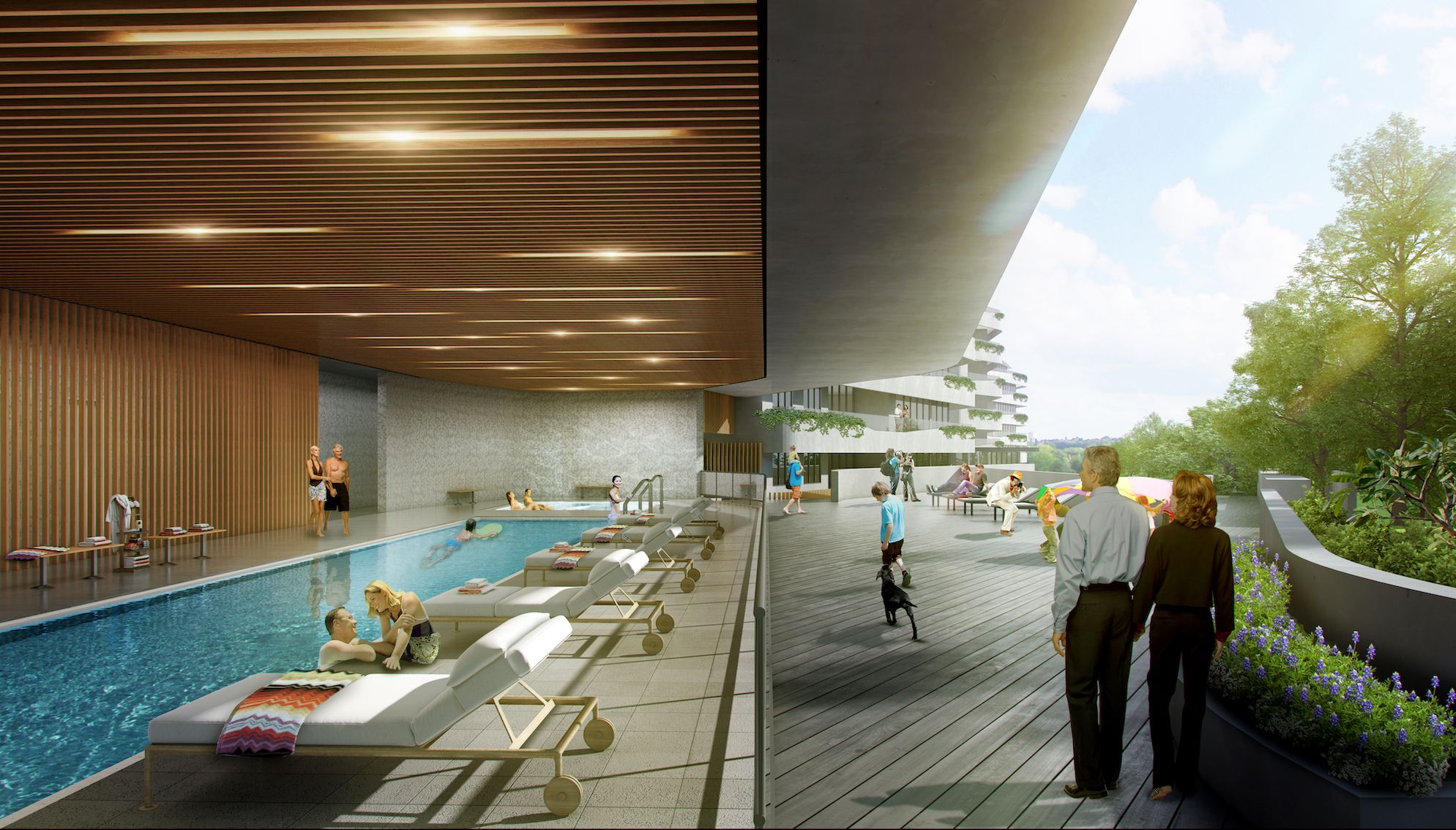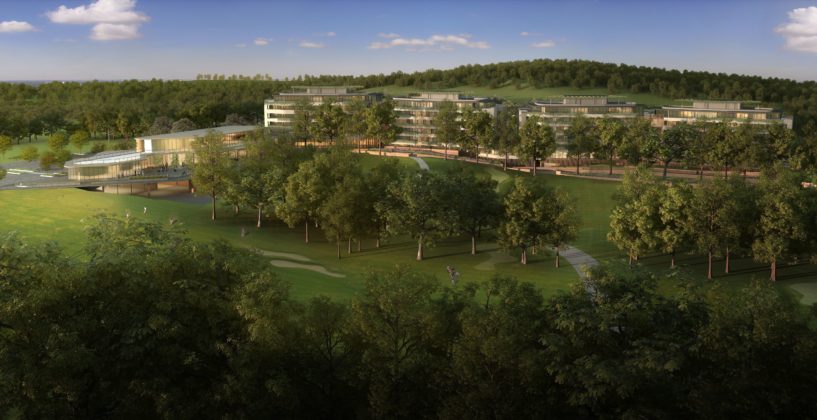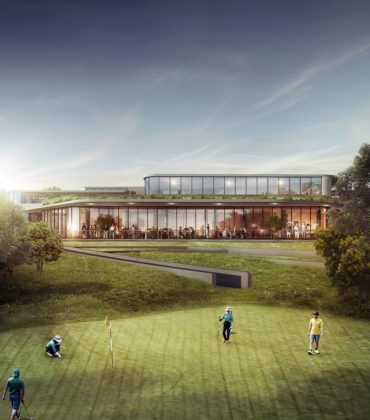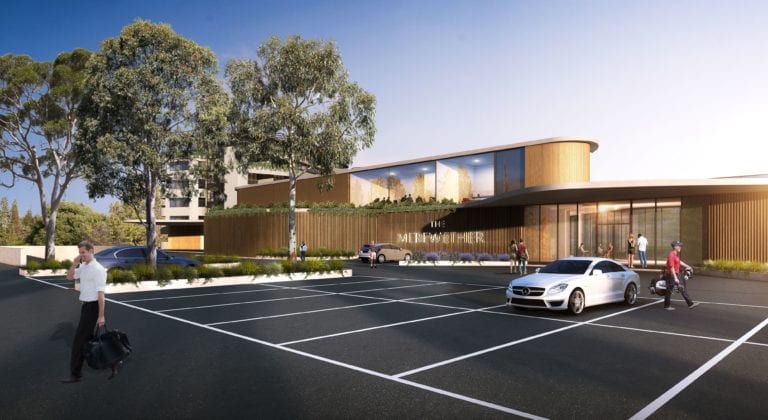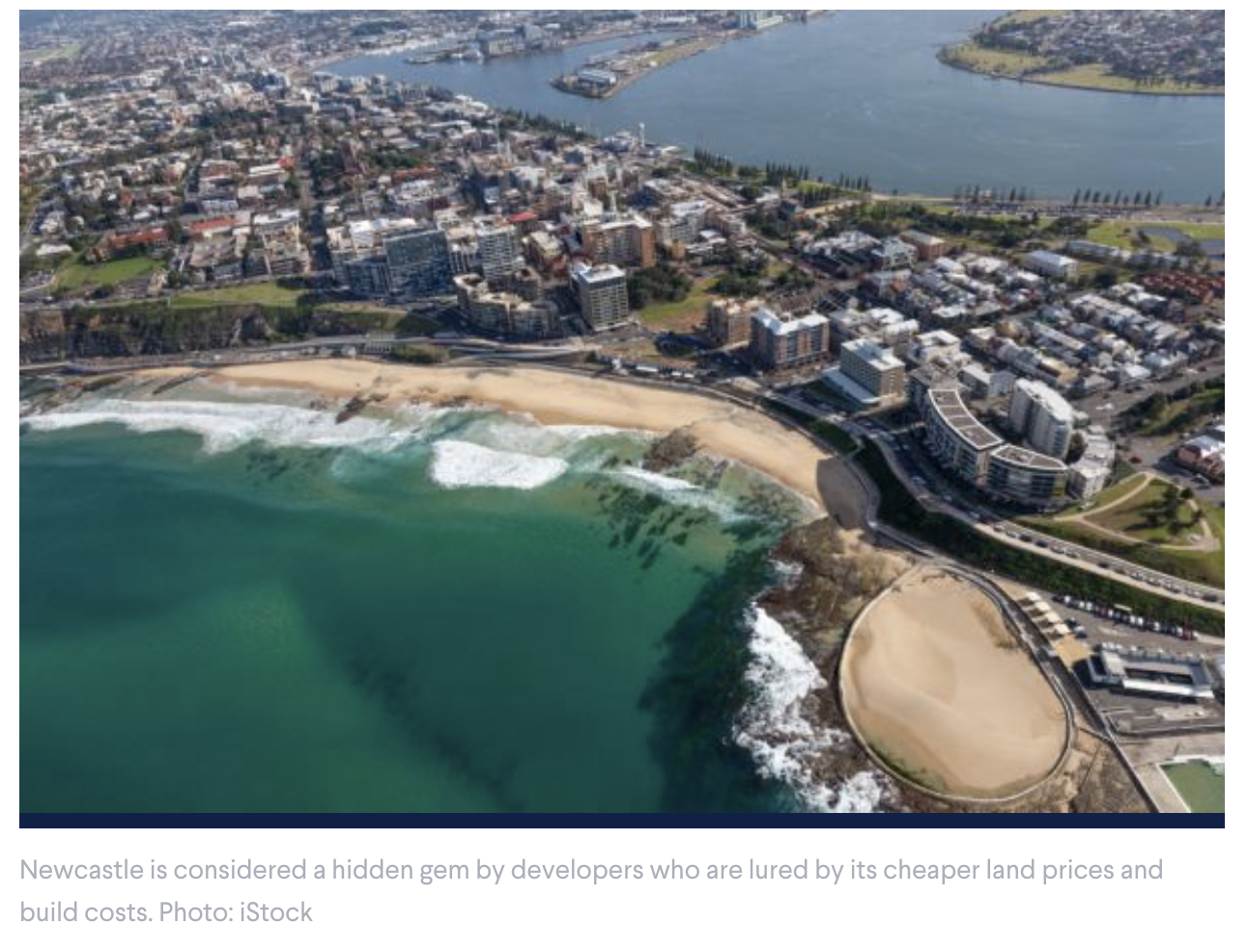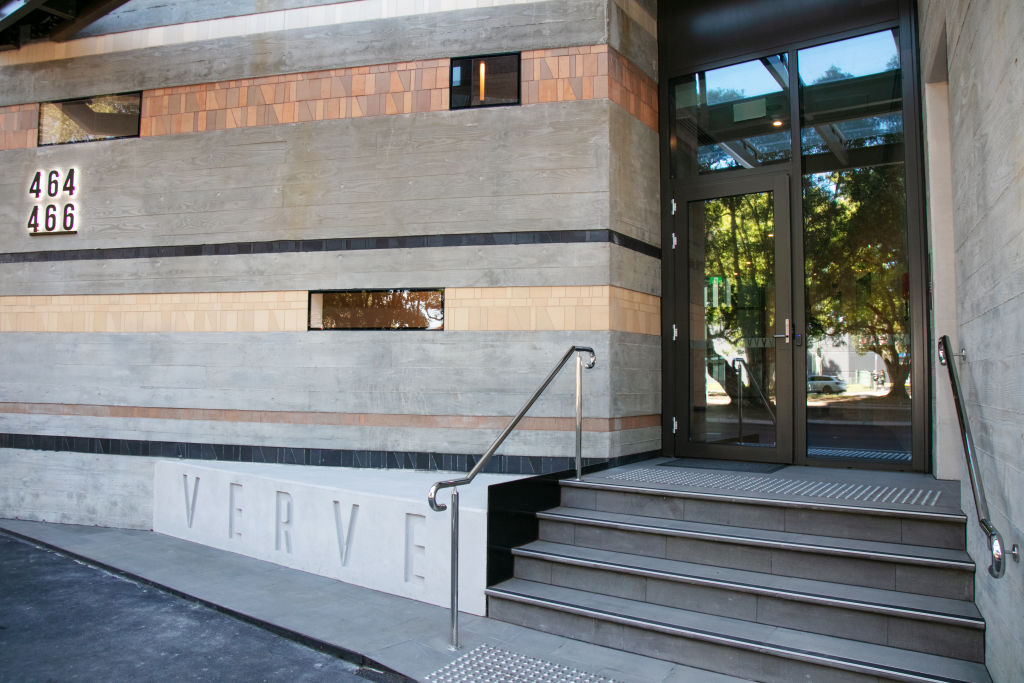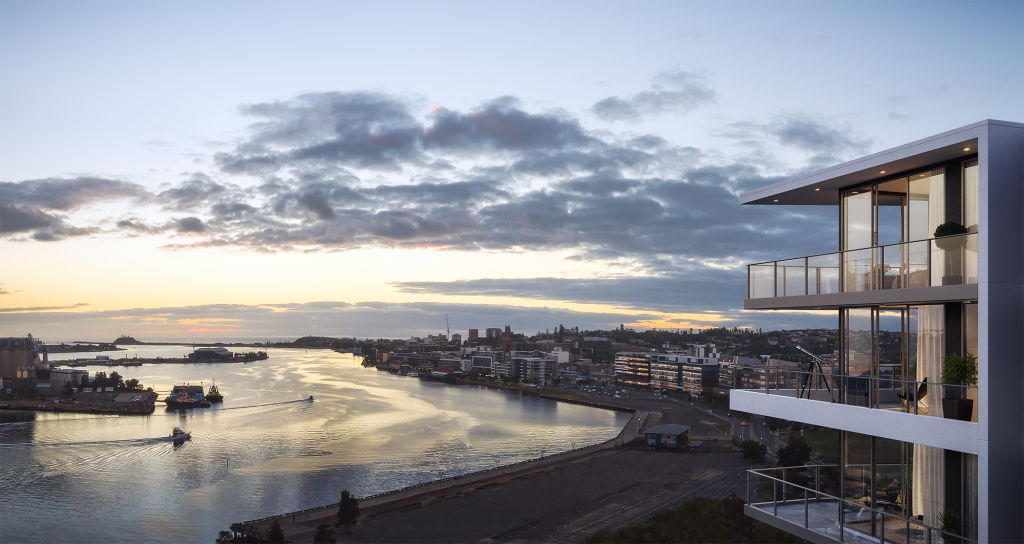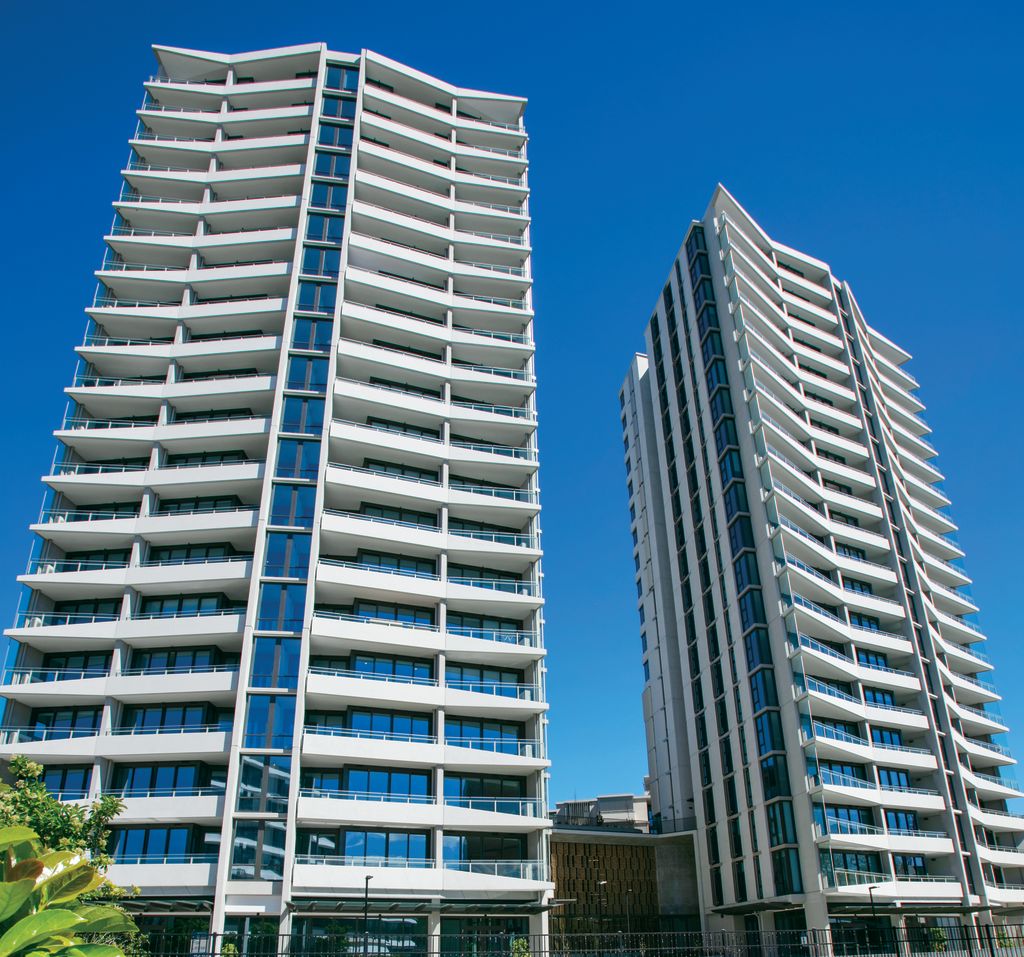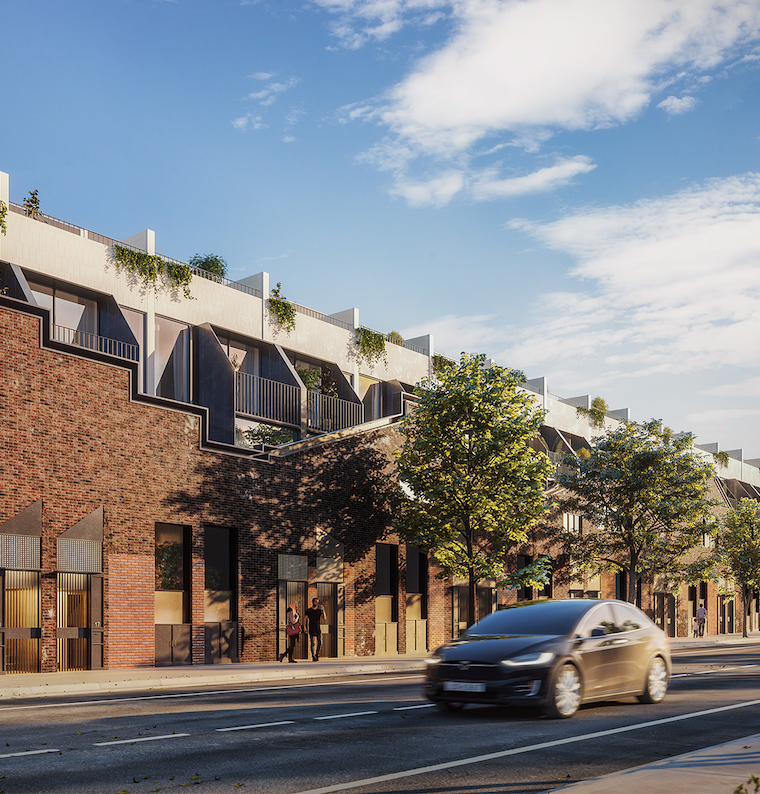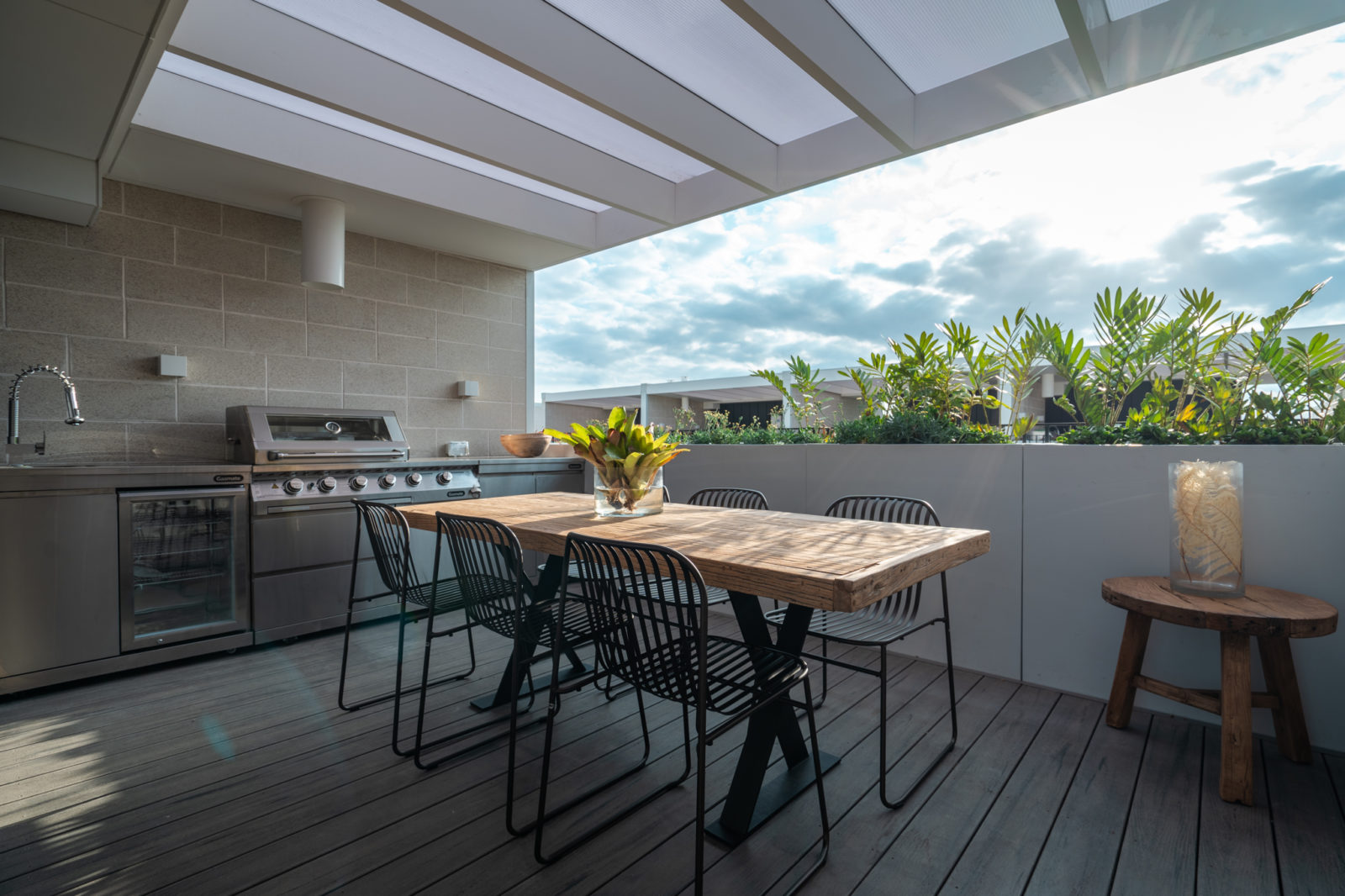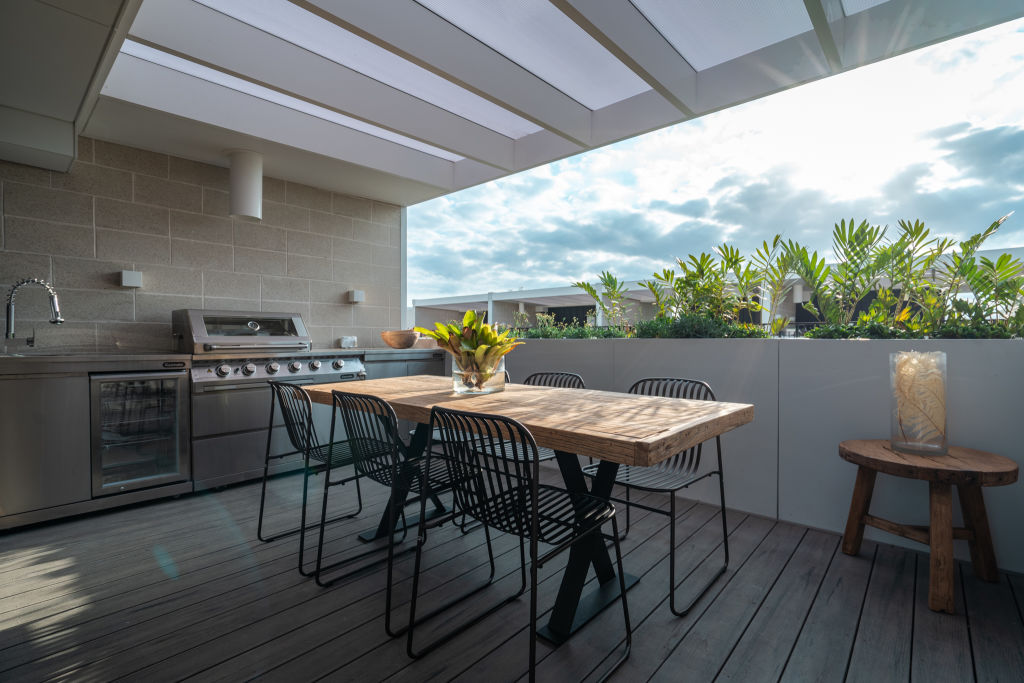Merewether Golf Club (MGC) is on track to be the home of a brand new $120 million golf club and seniors living precinct within the Merewether Golf Course in Newcastle.
The Hunter and Central Coast Regional Planning Panel unanimously agreed to approve a Site Compatibility Certificate (SCC) for Thirdi Group and Merewether Golf Club in support of their plans to create a senior living precinct.
The SCC approval provides the mechanism for future development consent to be obtained from Newcastle City Council across the site for the purposes of a seniors living precinct.
The proposed MGC development includes the creation of a new clubhouse that will provide for a new restaurant, sports bar, pro-shop & conference center, as well as the provision for 148 serviced, self-care seniors living units and wellness center, within a multi-story tower development with basement parking and associated facilities.
Director of Acquisitions at Thirdi Group, Robert Huxley, said this was a huge development to add to their list, and was happy to hear the project had been approved.
“This is a major development milestone for the project, and we are thrilled with this decision from the Hunter and Central Coast Regional Planning Panel,” he said.
“This endorsement gives both Thirdi and MGC great confidence in the proposal and we now look forward to working with Newcastle City Council to finalise our Development Application and deliver on our promise to create one of the best golf clubs and seniors living precincts ever seen in the Newcastle and Hunter region”.
Club Captain of the MGC board, Aaron Spalding said everyone is excited by the recent approval and to see some outcomes after many years of work to get the project across the line.
“We are absolutely thrilled with this outcome. We started this process close to four years ago and the SCC is the strongest indication yet our shared vision of a creating a world class golfing facility and seniors living precinct is now on track to become a reality,” Aaron said.
“Not only will this development help secure our clubs future, it also paves the way for significant investment to take place in our course infrastructure and facilities, something that was really important to our members when we decided to explore this type of partnership with Thirdi Group.”
The move fits in with a nation-wide trend of golf clubs seeking partnerships to redevelop their courses into seniors living developments that helps improve facilities and secure their clubs financial future by way of a joint venture on their land.
However, with the broader Newcastle economy under pressure due to the COVID-19 crisis, this development isn’t just important to the Merewether Golf Club and its members, it will also deliver an employment boom to the broader economy if approved and created in the desired timelines set by Thirdi Group.
Director of Sales Marketing at Thirdi Group, Luke Berry, said these developments will help provide further job opportunities in the community, and eventual housing for those who’ve been most at risk.
“These are the sorts of developments our community needs in a COVID-19 recovery, providing jobs during construction and importantly providing housing for those that have been identified as our most vulnerable during the crisis,” Luke said.
“We estimate that our project will create over 1000 jobs in the region during construction and close to 100 ongoing jobs when the new club, facilities and seniors living village is operational.
“We are also using the COVID crisis as an opportunity to drive better design and future proof our project if a similar crisis arises in the future, ensuring our residents remain safe and will be living in the best designed properties possible.
“This is something that we see as really important to individuals and families considering senior living housing options in the future.”
Already the project is having a positive impact on local businesses, with many local firms engaged to assist MGC and Thirdi Group formalise their joint venture and plans for council.
An example of this is local firm Catalyst Project consultant that has played an integral part in securing the SCC.
Both Thirdi Group and MGC thank the Catalyst team for their insight and guidance in progressing the projects planning.
Their local knowledge, professionalism and flexibility in working into the proposals tight requirements has played a major role in securing the SCC for the new development project.
Thirdi Group will now work with the MGC and their consultants to finalise their Development Application and lodge with Newcastle City Council this month or in June this year.
IMAGE | Merewether Golf Club development project artist impressions.
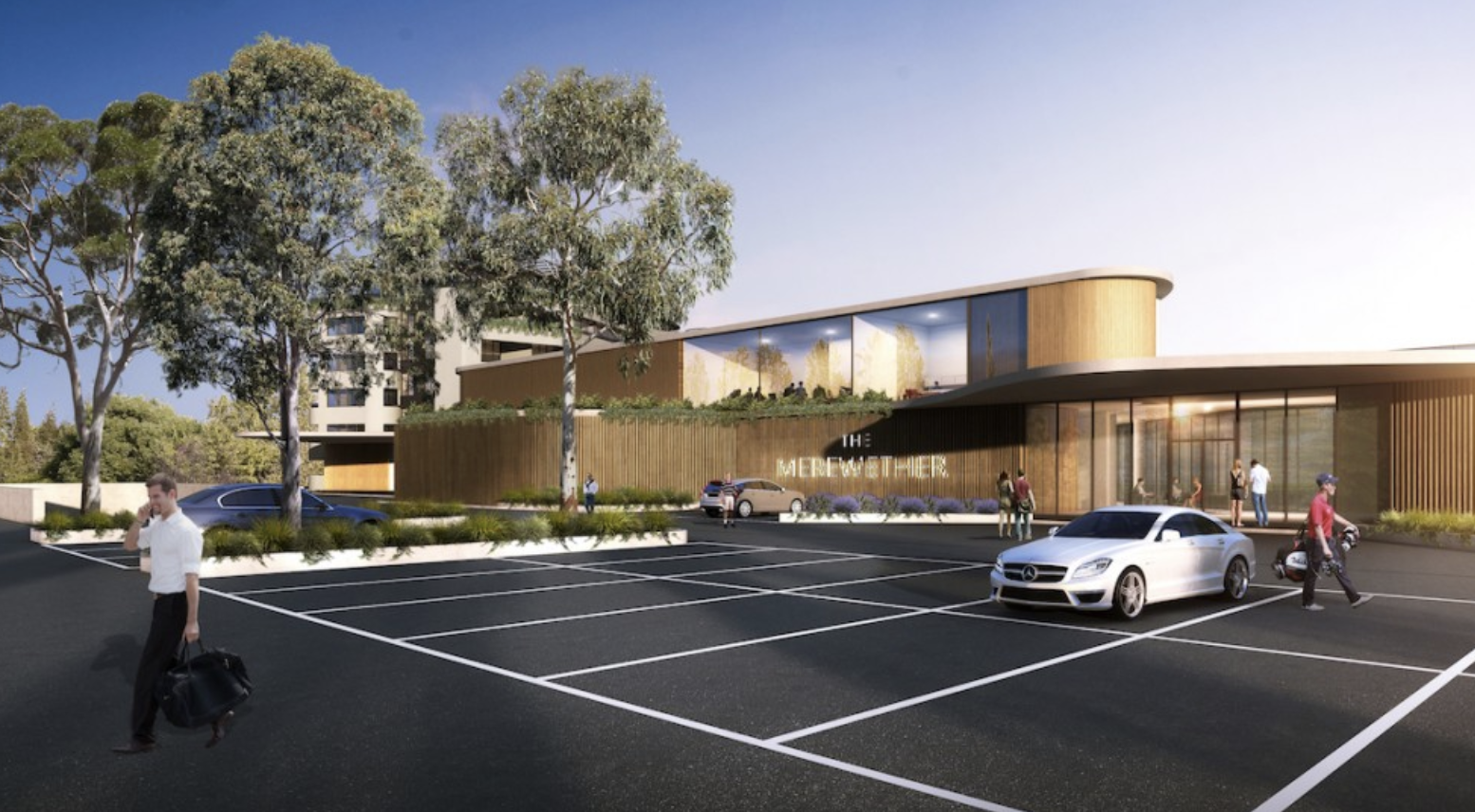

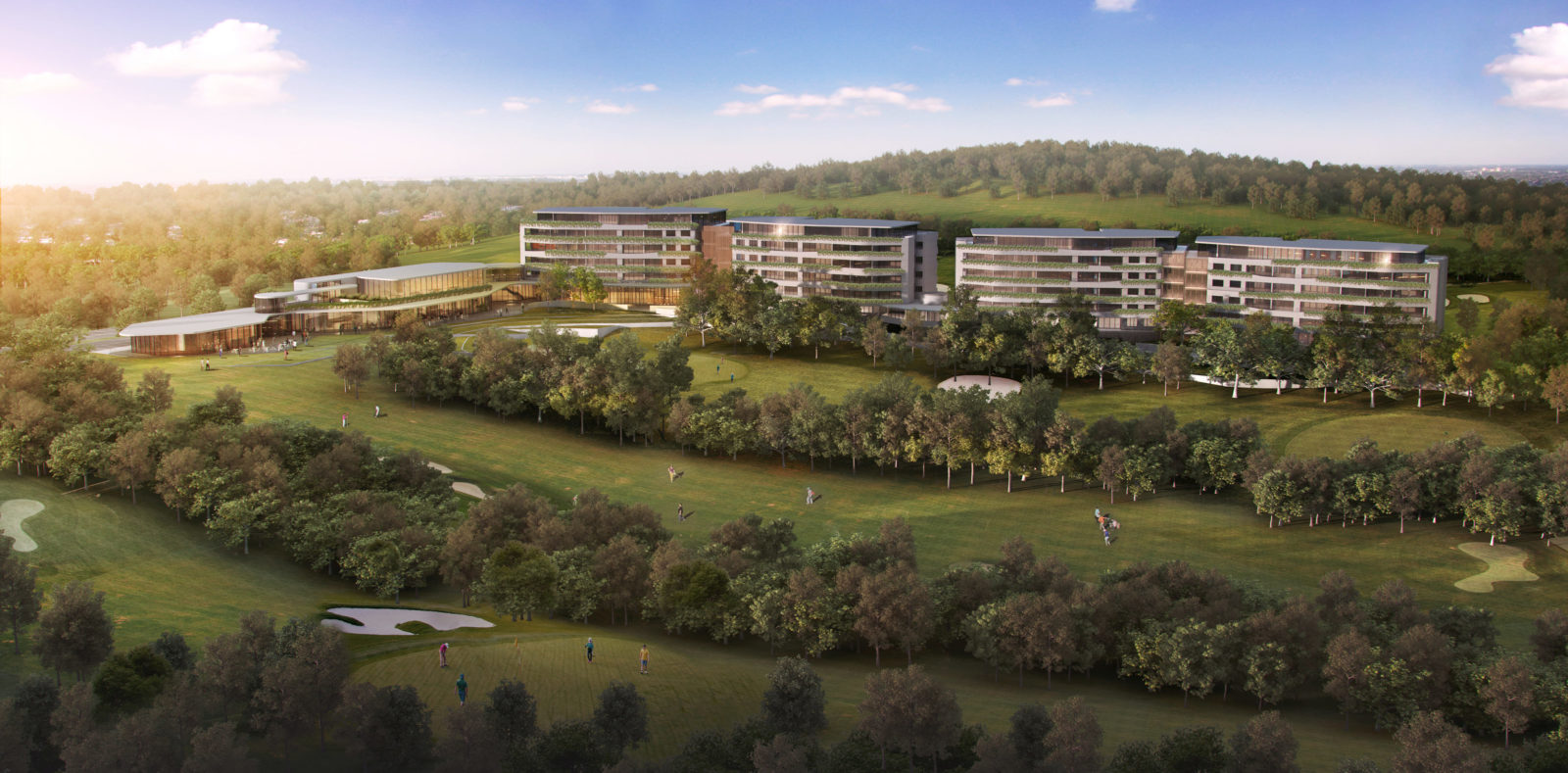

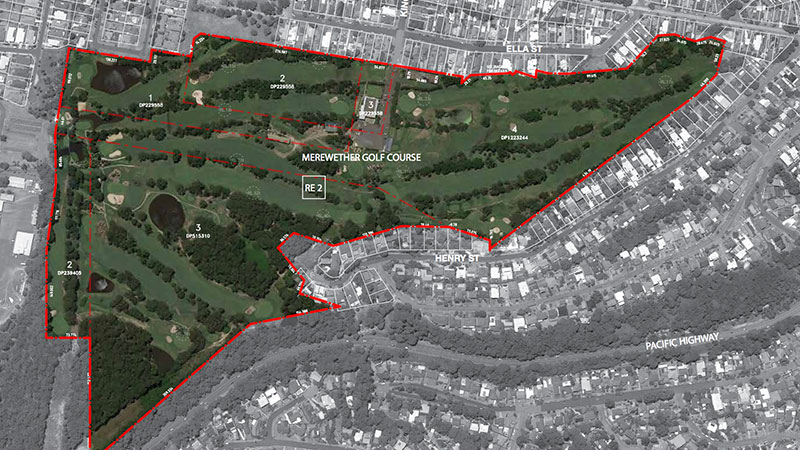
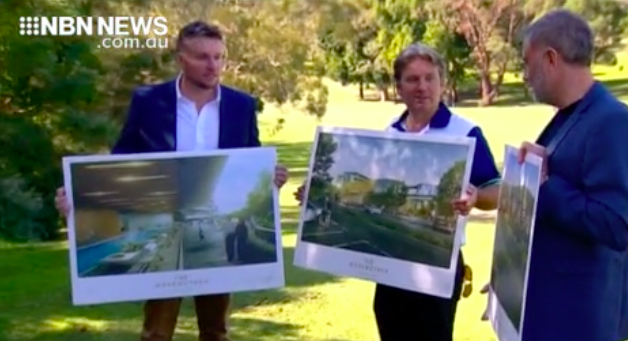
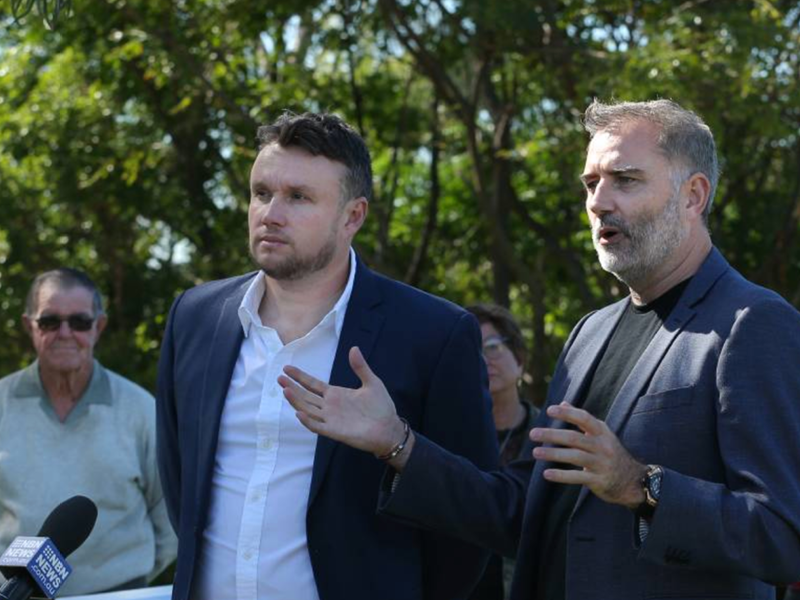

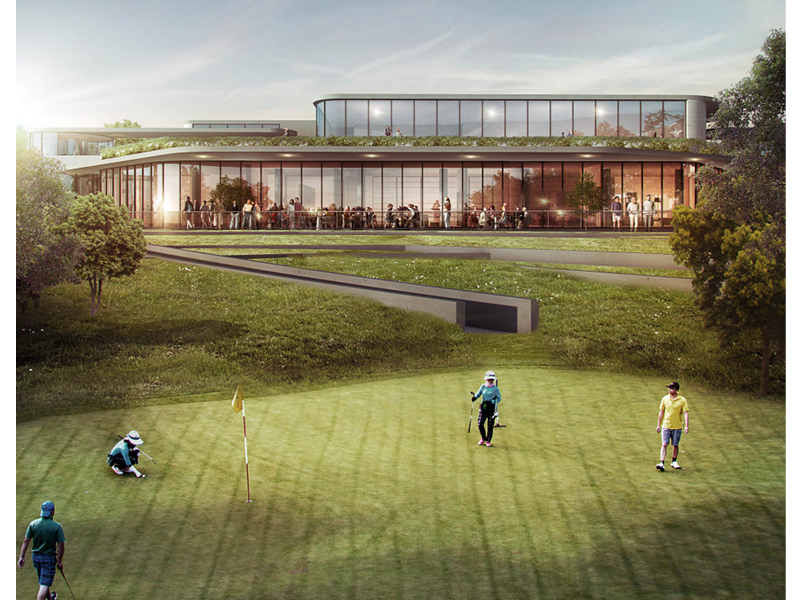
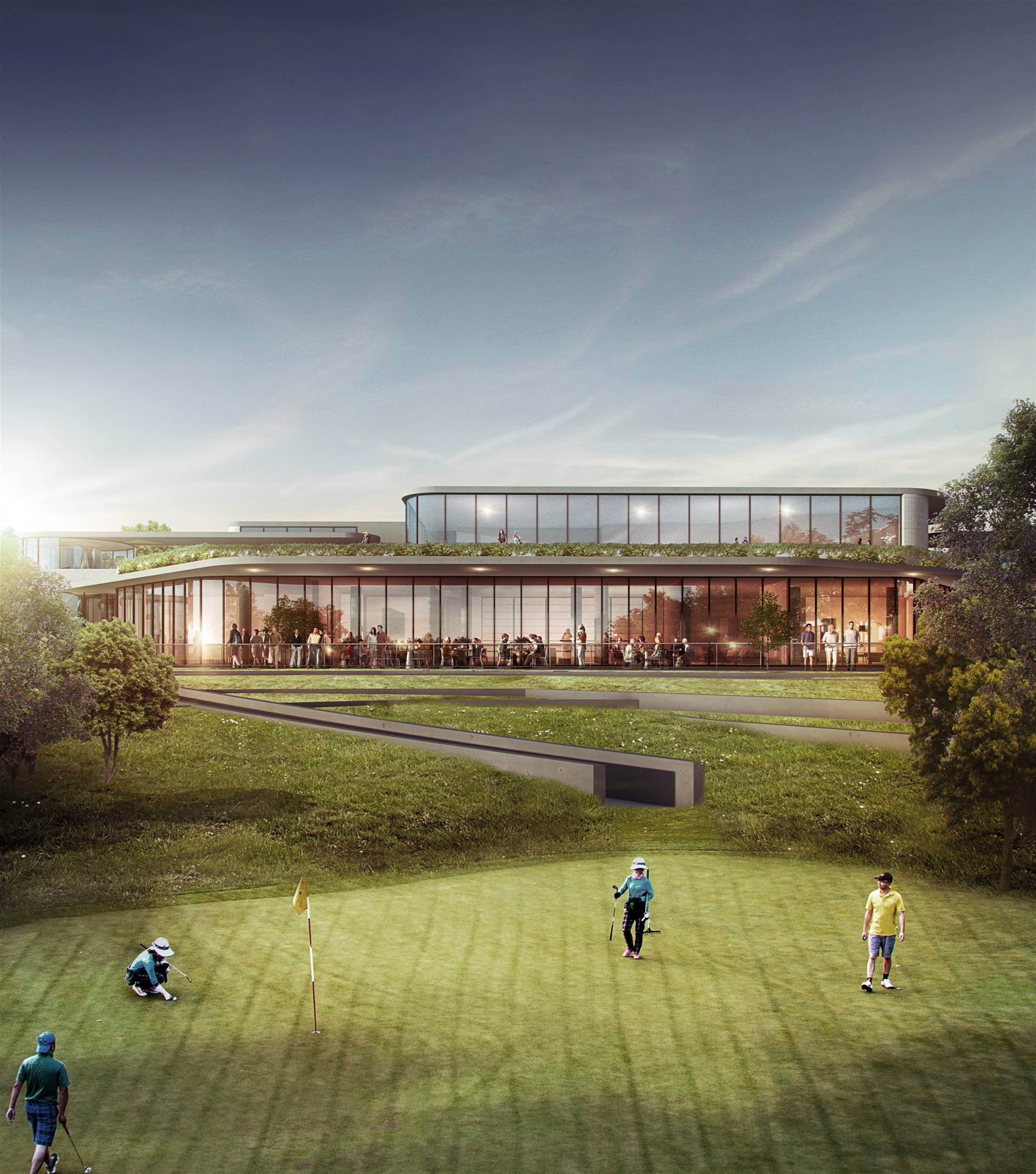 “We started this process close to four years ago and the SCC is the strongest indication yet our shared vision of a creating a world-class golfing facility and seniors’ living precinct is now on track to become a reality.”
“We started this process close to four years ago and the SCC is the strongest indication yet our shared vision of a creating a world-class golfing facility and seniors’ living precinct is now on track to become a reality.”